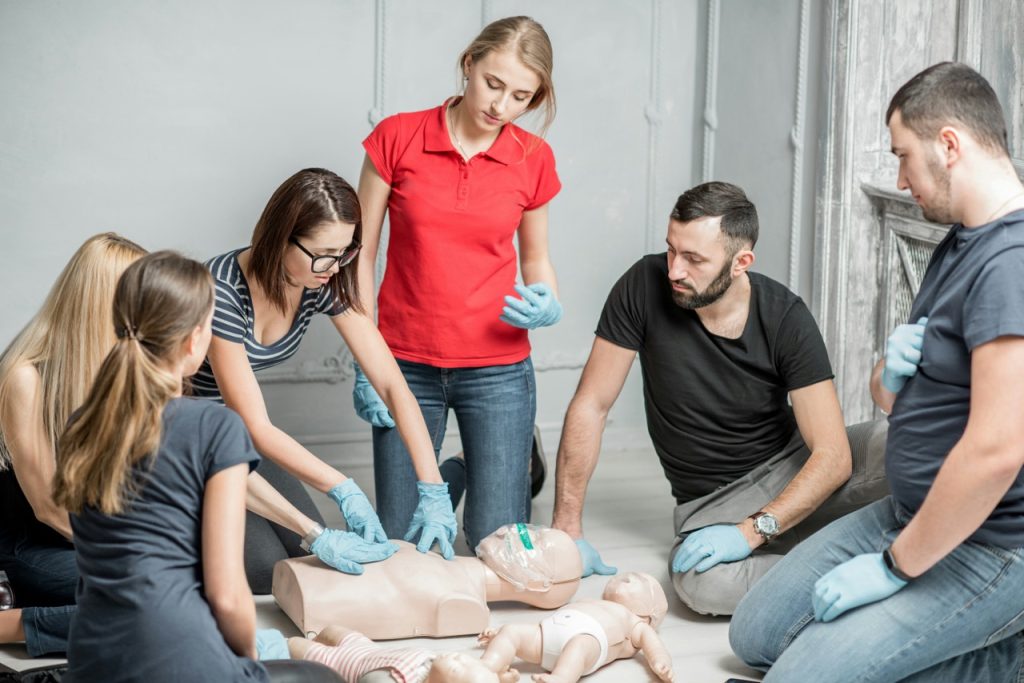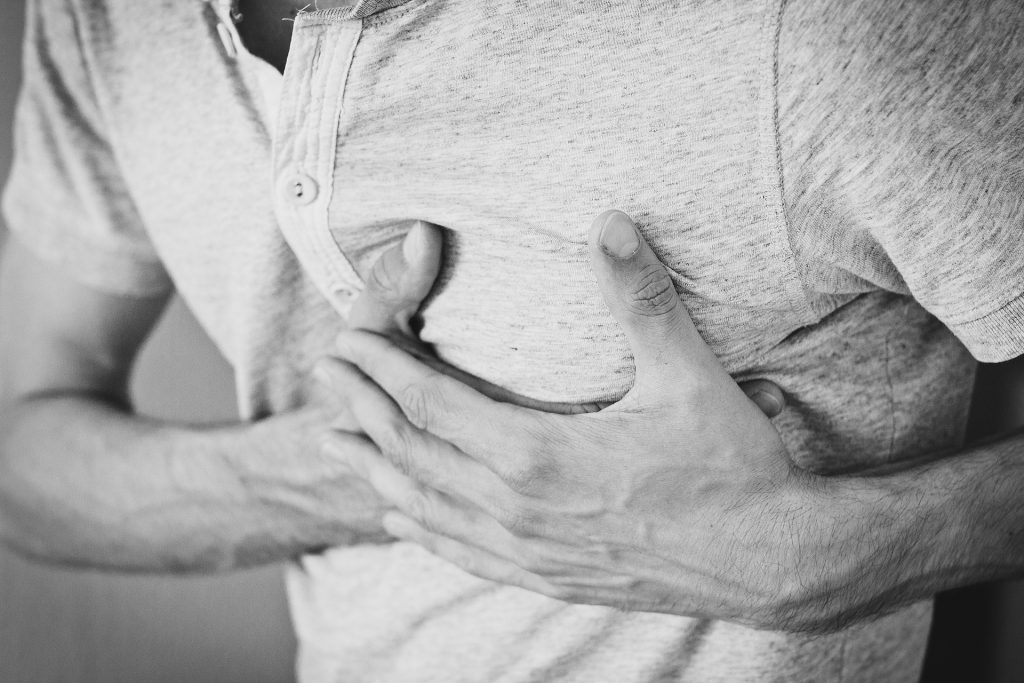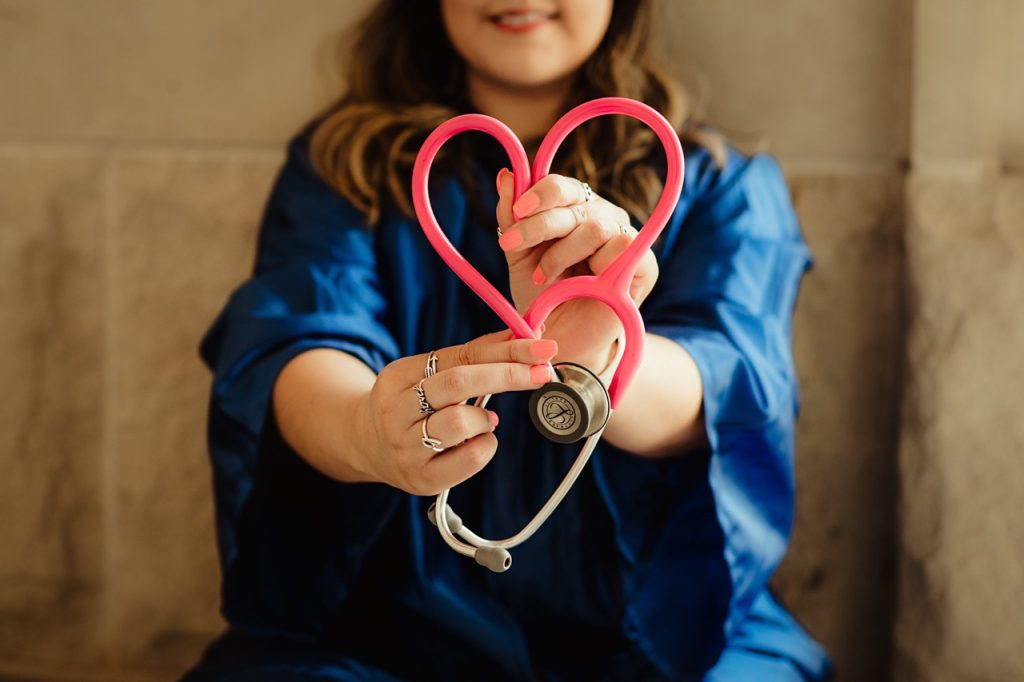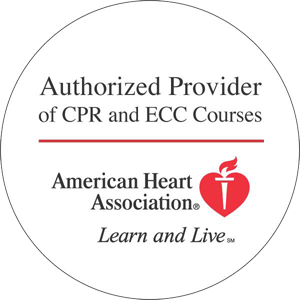February is often thought to be the month of love, and just about everywhere you look, red, pink, and purple heart shapes are at the forefront. While it’s certainly an excellent time to shower affection on those dear to you, this month also marks National Heart Month, and it’s always a good time to take care of yourself. So, how can you promote a healthy heart and lifestyle to maintain your overall well-being? We’ll cover what you need to know to give your heart some love this month and beyond.

Lifestyle Choices for Heart Health
Embracing a heart-healthy lifestyle involves making mindful choices that contribute to overall well-being. This includes more apparent factors such as maintaining a healthy weight, not smoking, and managing your cholesterol and blood pressure. Another lifestyle practice you will want to incorporate is stress management. Integrating stress-reducing activities into your routine, such as meditation and mindfulness practices, can have a profound impact on your heart health.
How Does Stress Impact Heart Health?
Food and Diet
Making healthy food choices is an important part of maintaining a healthy heart. Prioritize whole foods, incorporate high-fiber snacks, and embrace healthy fats to foster cardiovascular well-being and diminish the likelihood of heart disease. Keep a mindful eye on portion sizes and strive to minimize the intake of processed foods and sugary drinks.
Top Ten Tips for Choosing Heart-Healthy Snacks
Movement and Exercise
It’s well known that a sedentary lifestyle can lead to health problems, such as weight gain, cardiovascular disease, and more. Making sure that you get daily movement and regular exercise is an essential factor in maintaining a healthy heart and overall well-being. Incorporating a brief 20-minute walk daily or opting to stand at your desk can bring about a substantial positive change in your everyday routine, contributing to a healthier lifestyle.
5 Exercises to Promote Heart Health
Understand the Signs
If you or someone around you were experiencing heart complications, such as a heart attack, would you know what to look for? Some of the most apparent signs include chest pain or discomfort, shortness of breath, and overwhelming fatigue. Additional indicators may include pain or discomfort in the arms, neck, jaw, or back. Recognizing these symptoms promptly is crucial for seeking immediate medical attention and potentially saving a life. Understanding these signs can empower you to act swiftly in a cardiac emergency.
Know Your Family History
Being aware of your family history and recognizing the potential risks of chronic illness or heart disease is an aspect of self-care and maintaining optimal health. If specific diseases are prevalent in your family, you will want to take precautions to minimize the likelihood of a diagnosis and associated conditions.
Learn CPR
One of the best ways to show love to the hearts around you is by learning CPR. Being equipped with this life-saving skill enables you to respond swiftly in emergencies. HeartCert offers many flexible options to receive your CPR certification so you can stay prepared to provide immediate assistance when needed.
HeartCert CPR is your trusted training partner for CPR, ACLS, PALS, EMR, First Aid, CNA, IV, EKG and more, in Minnesota and throughout the United States.
HeartCert CPR courses include CPR/AED/First Aid, Basic Life Support (BLS), Advanced Cardiac Life Support (ACLS), Pediatric Advanced Life Support (PALS), Certified Nursing Assistant training, IV training, EKG training, babysitter basics and more. Courses and certifications from both the American Heart Association and American Red Cross are available.
We are now offering virtual CPR courses and certifications, as well as safe in-person courses at all locations and our headquarters, HeartCert CPR Eagan.









